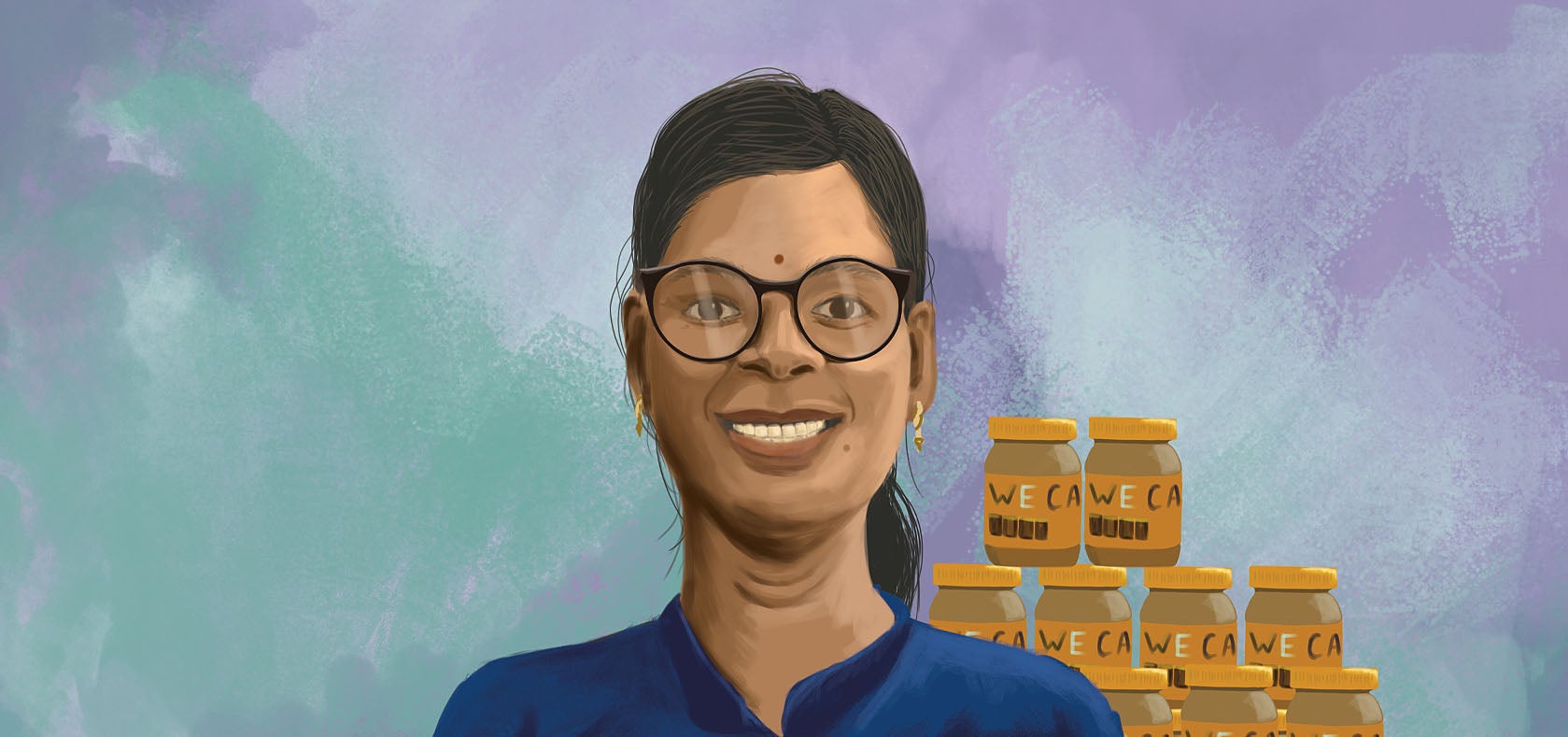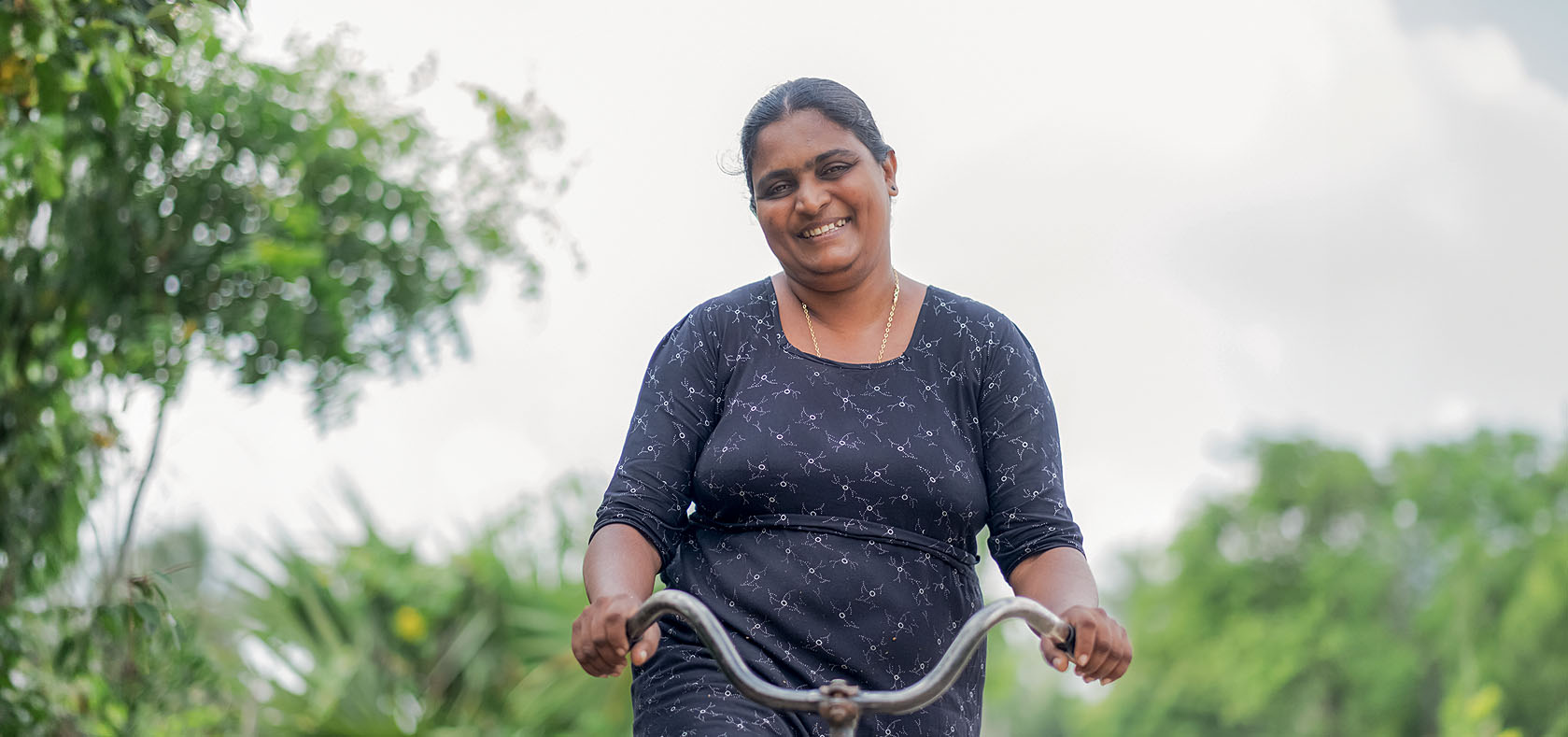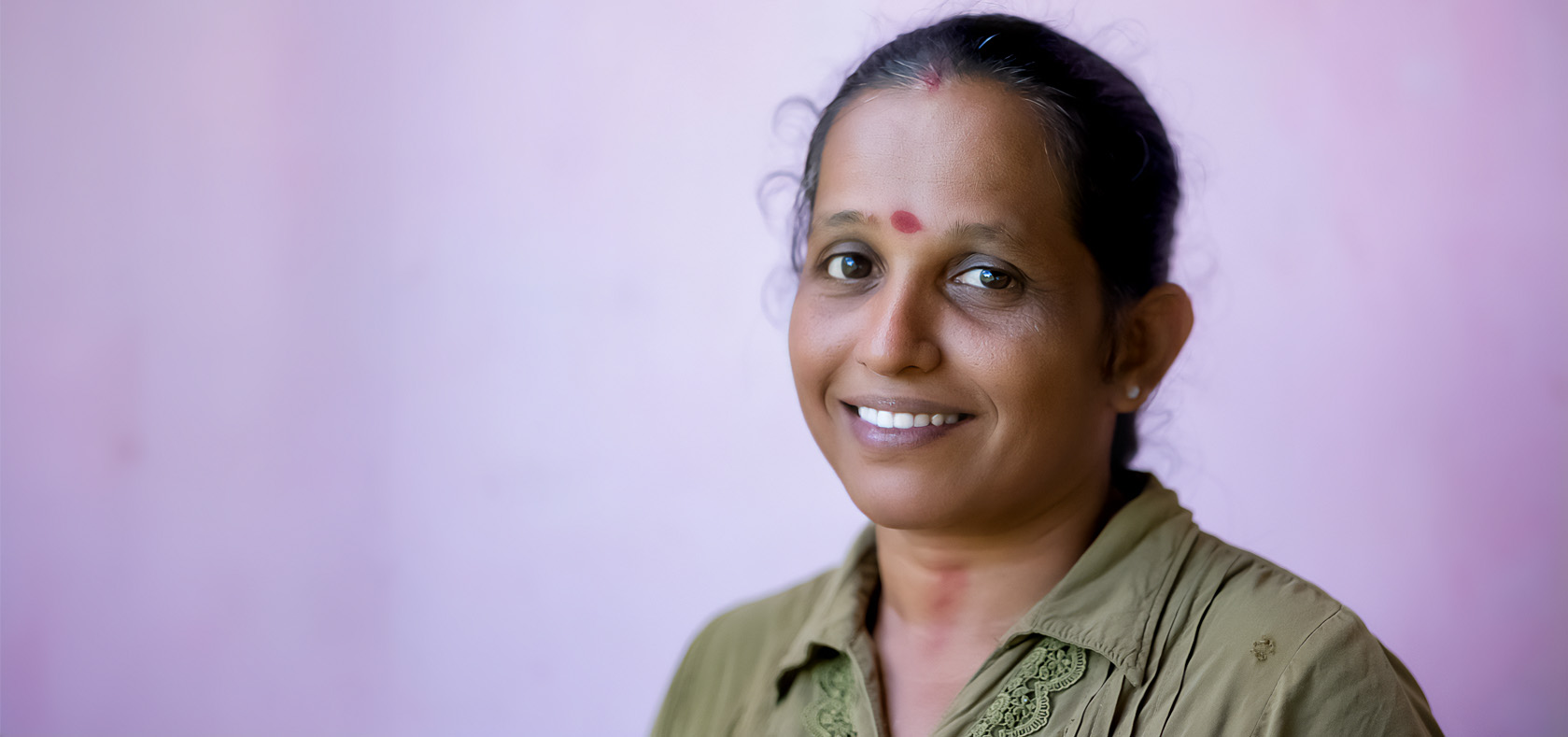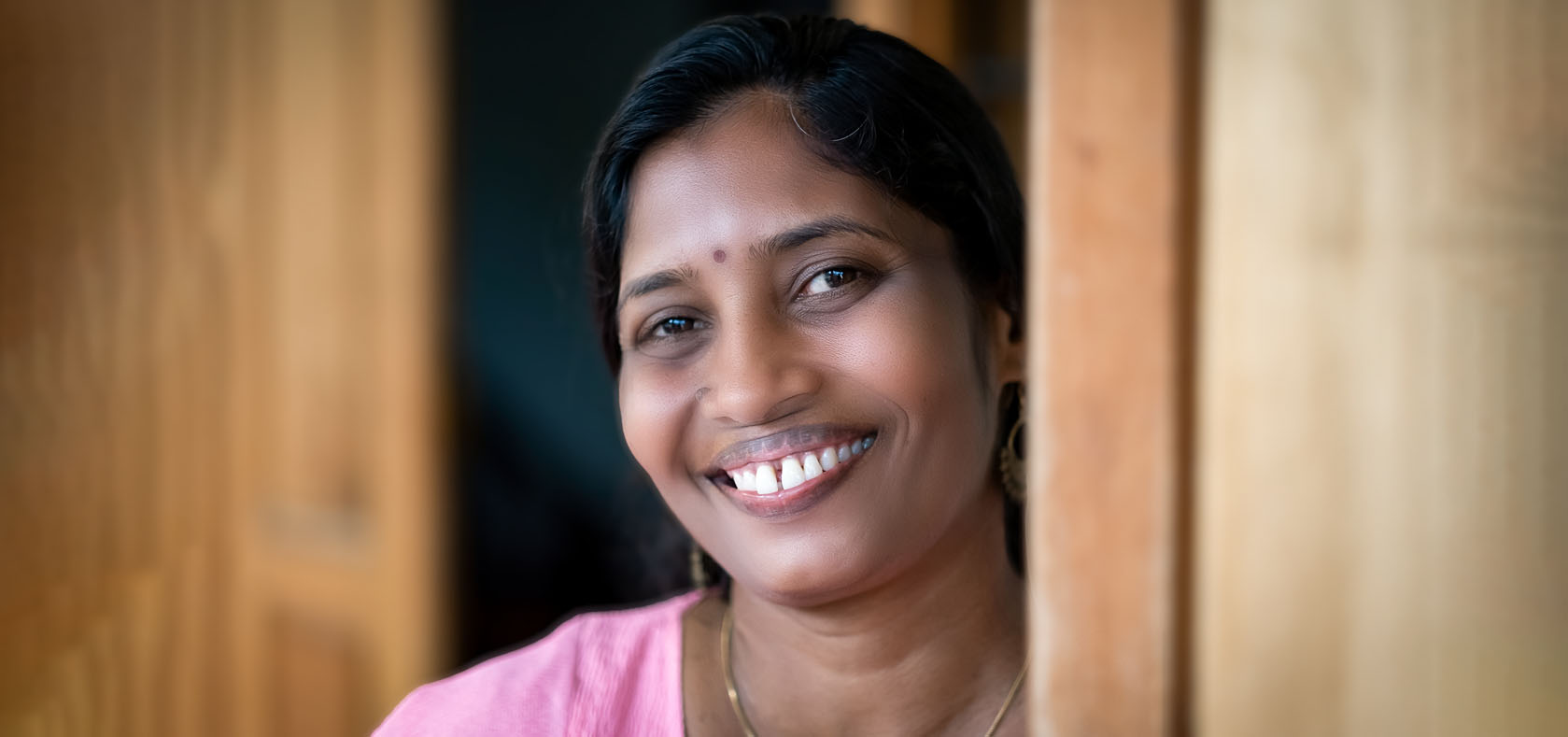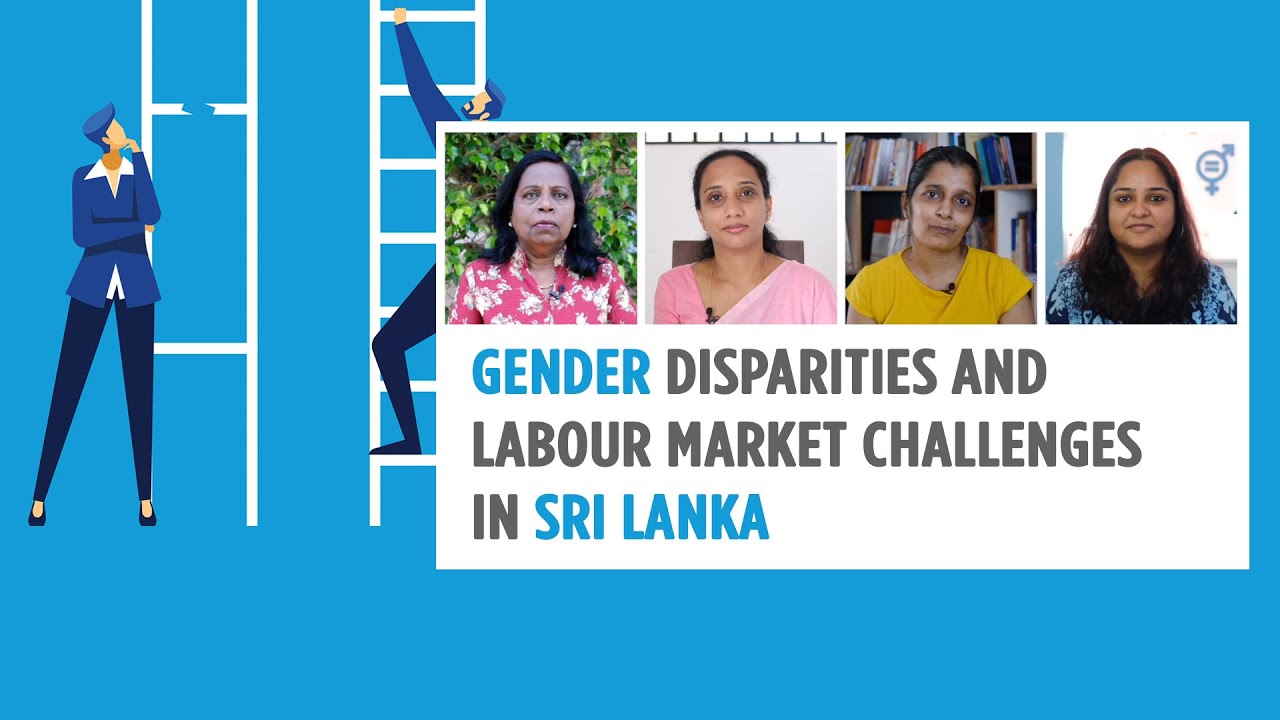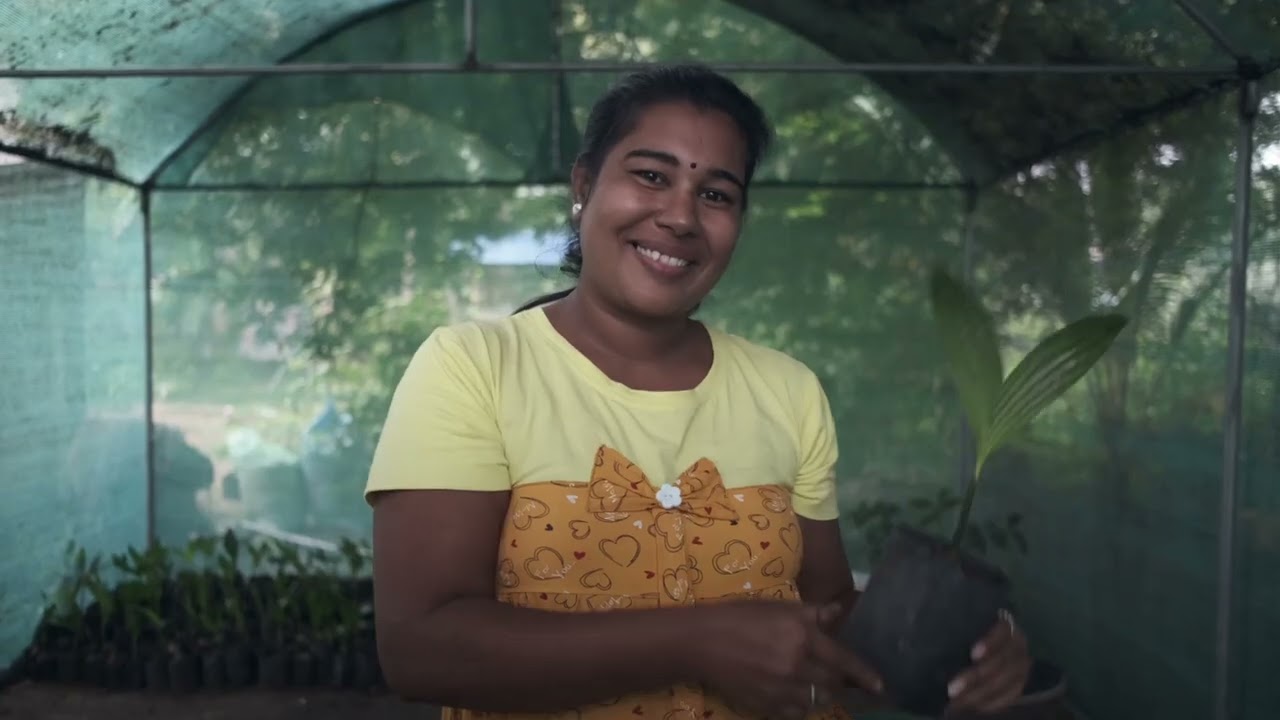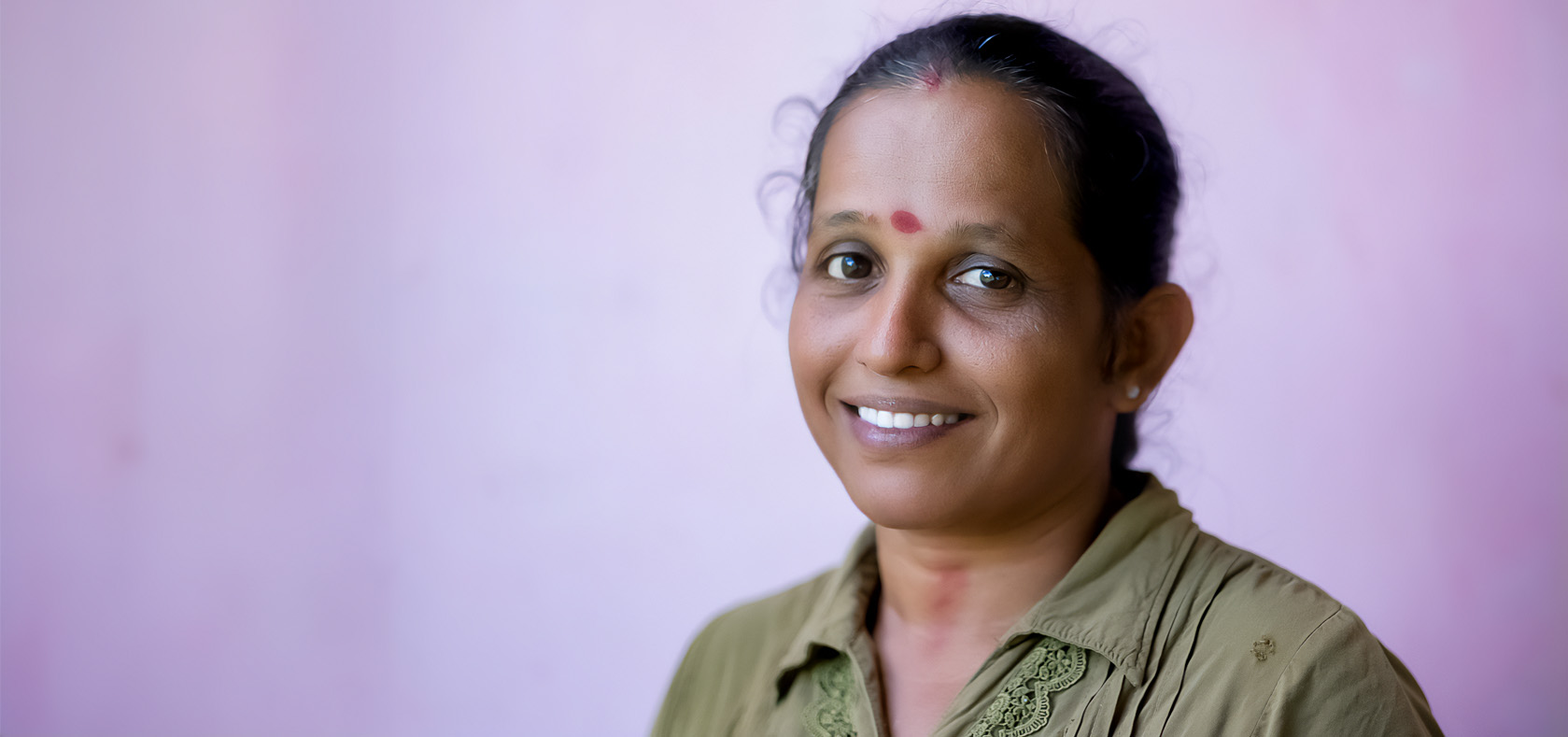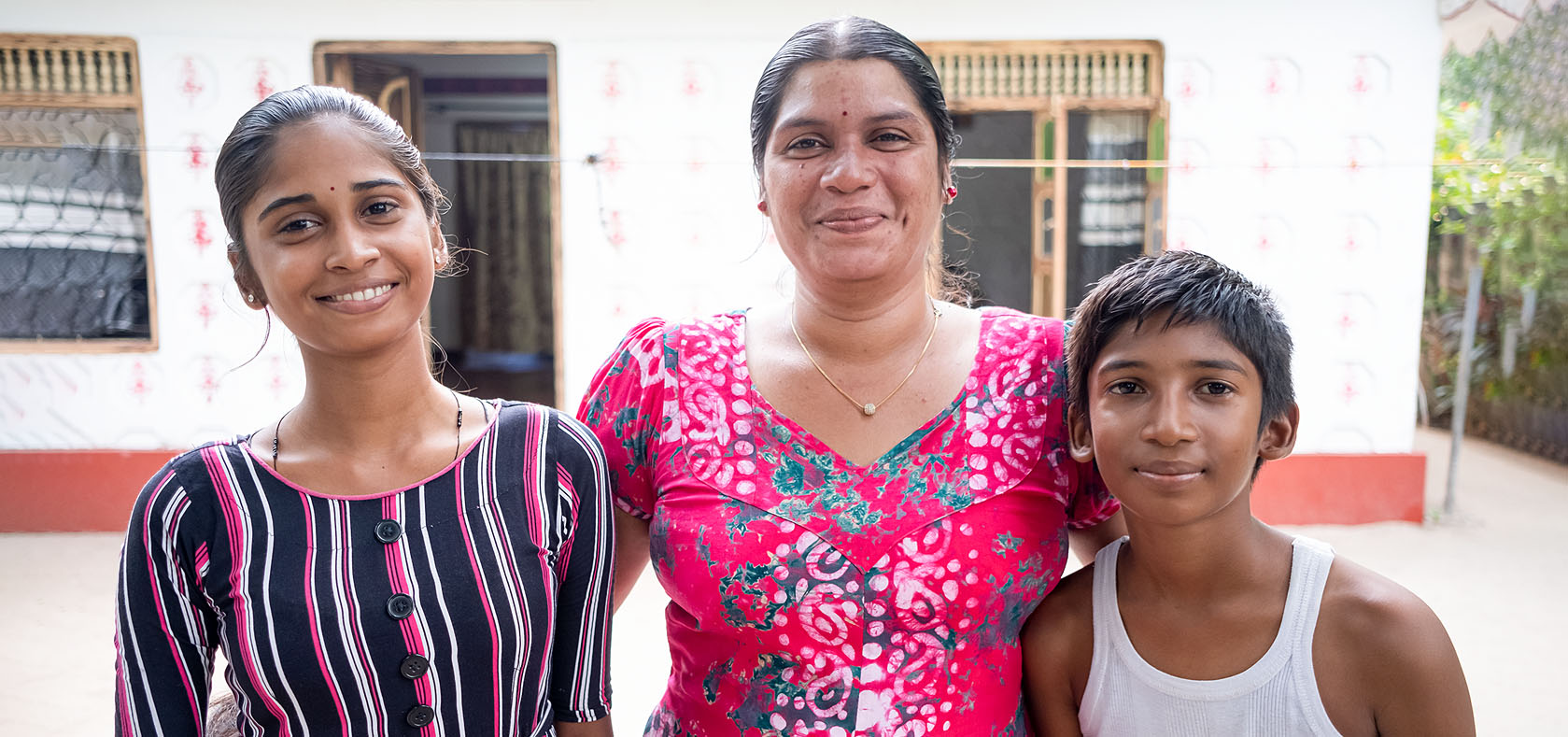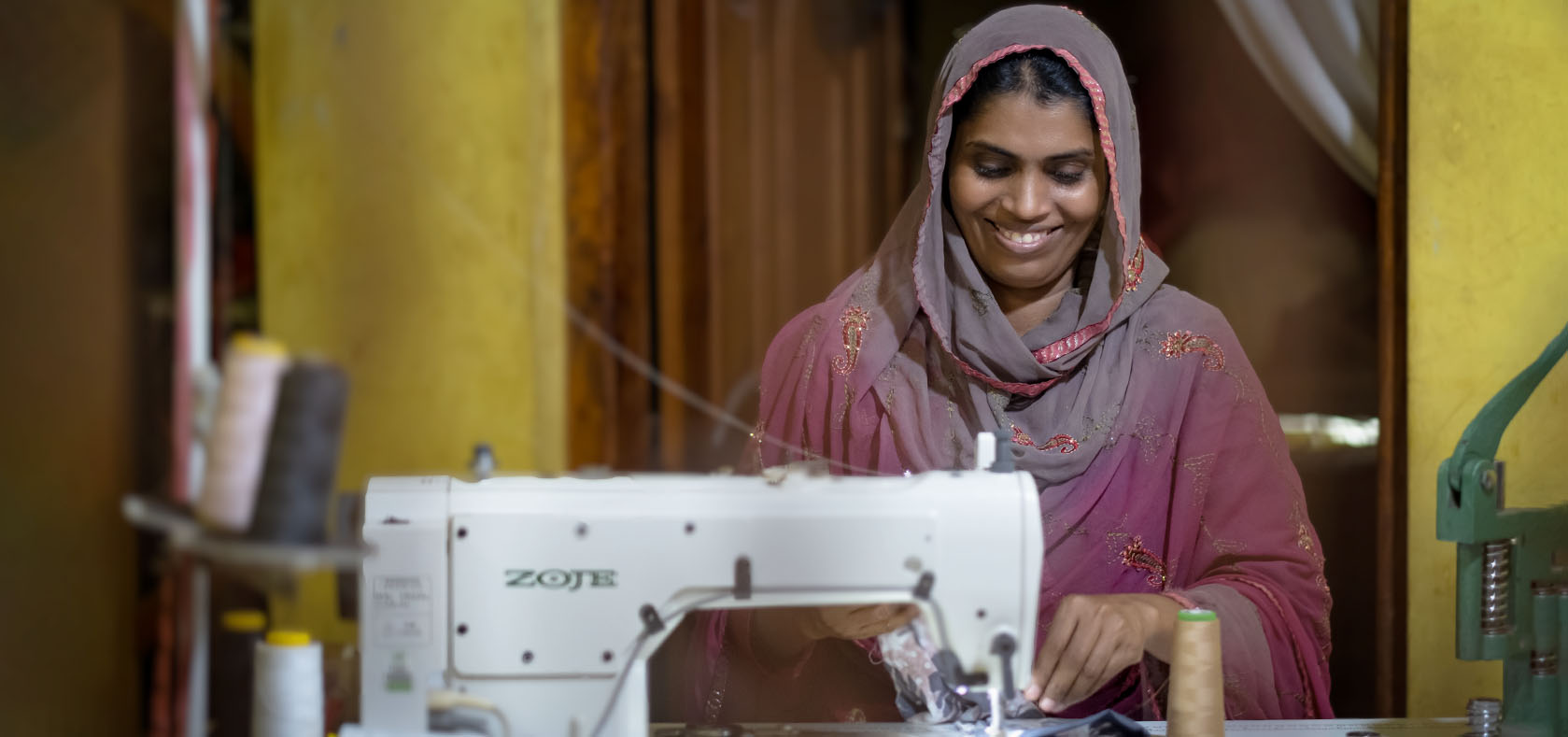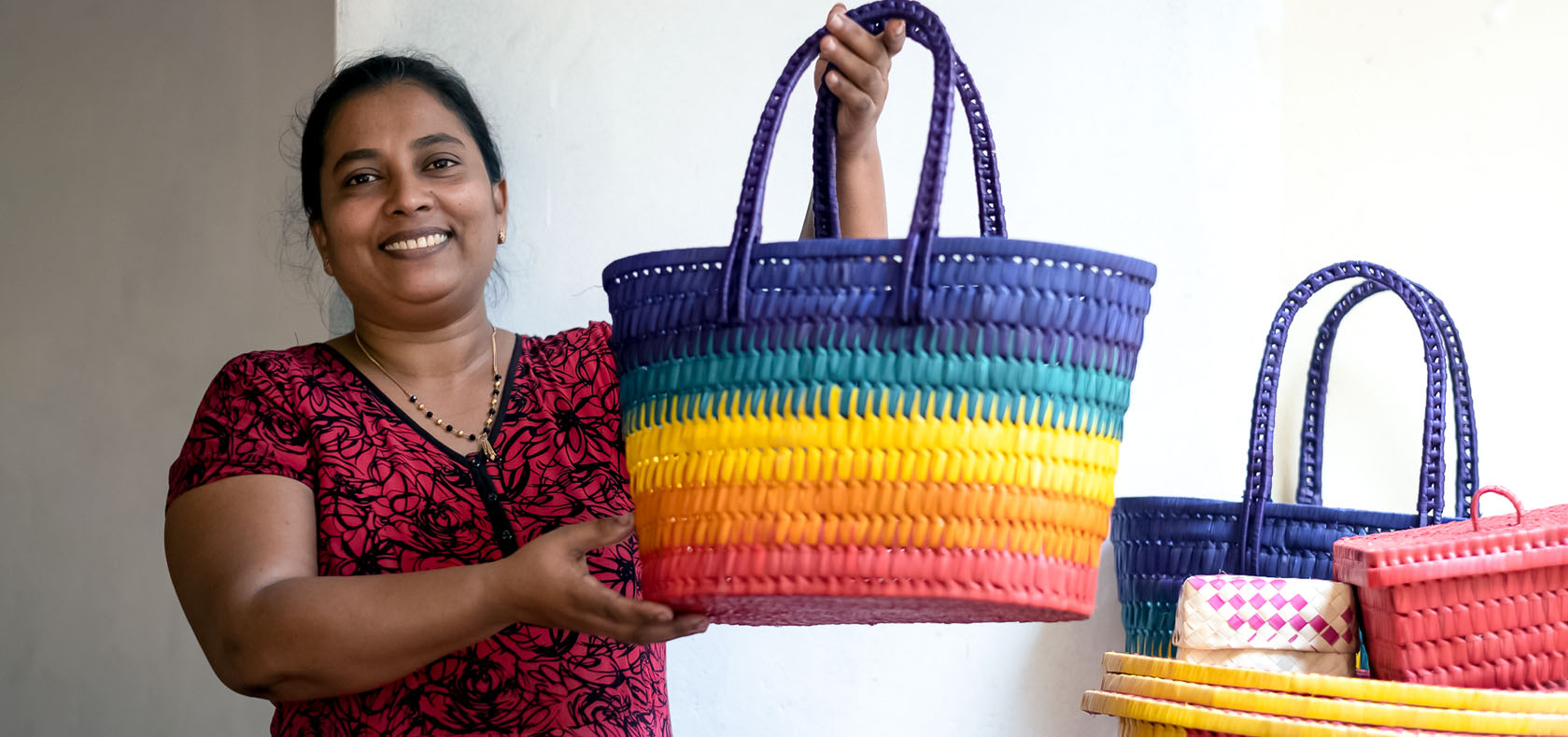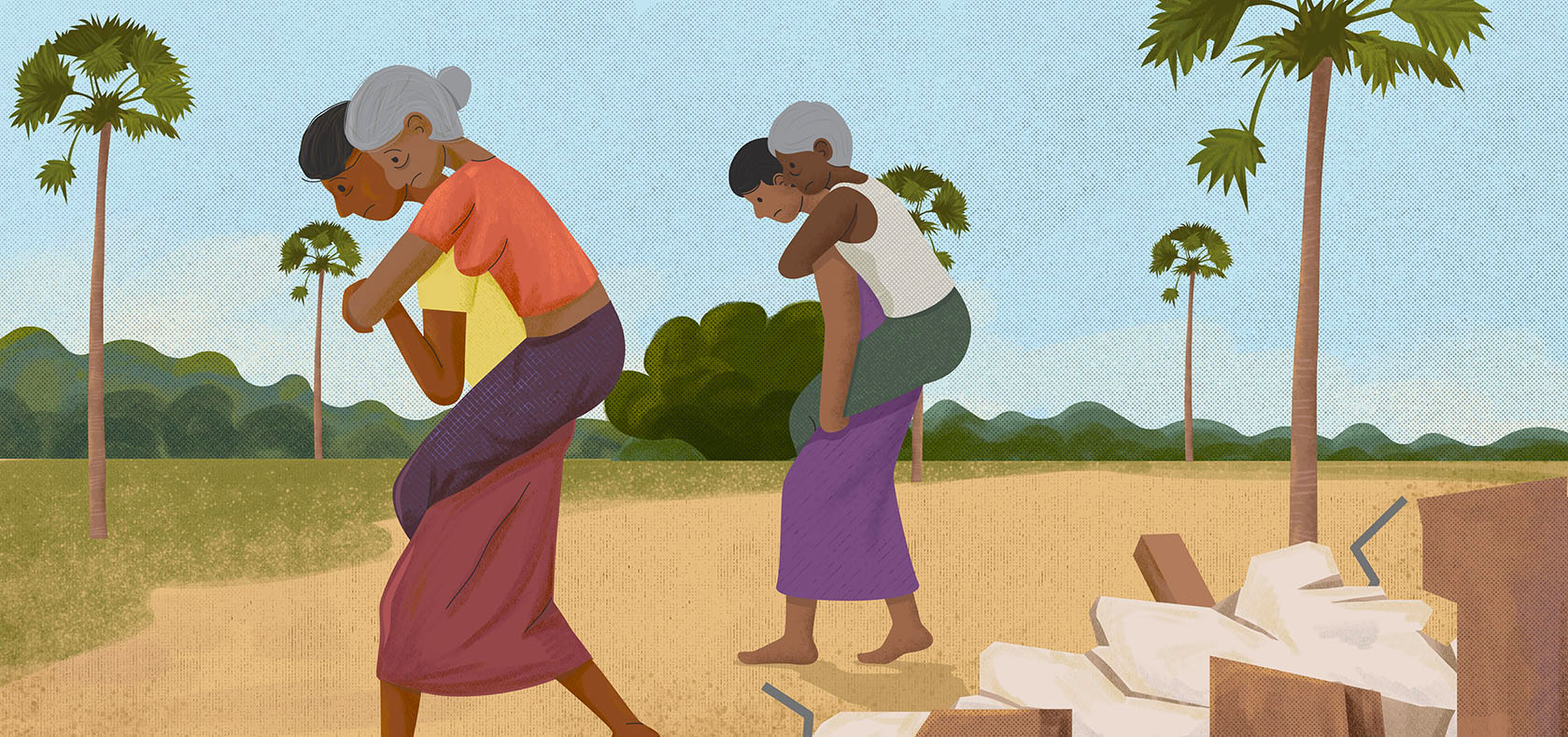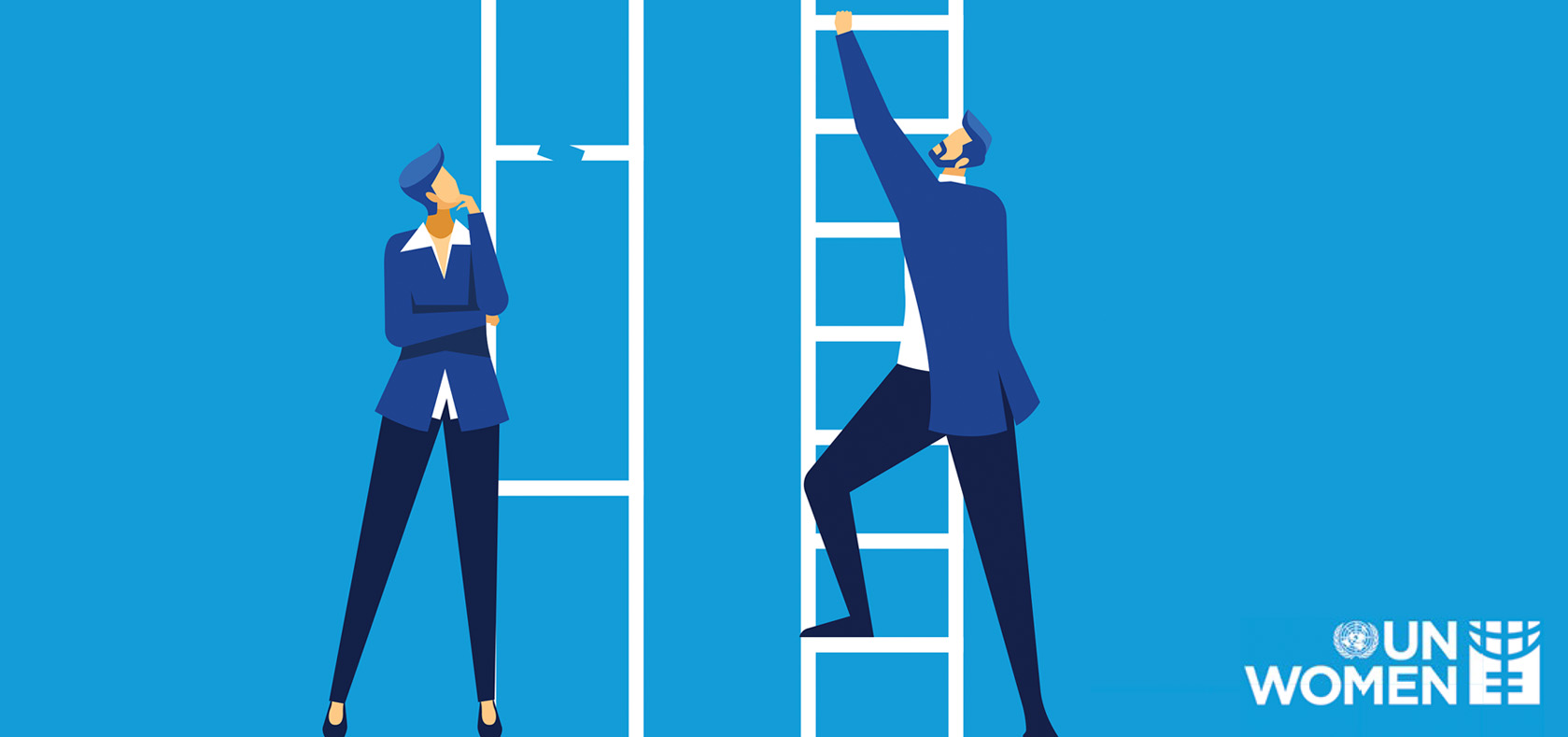The issue
Women’s labour force participation in Sri Lanka is less than half the labour force participation rate of men. It has persisted around 30-35 per cent for decades. A large proportion of women are engaged in procuring livelihoods work in informal sectors including agriculture, owning or operating Micro, Small and Medium Enterprises (MSMEs) and domestic work. In the context of crisis, there are shifts in the engagement of women in the economy, although not always for the better. Given rising desperation and poverty, vulnerable women – especially those from rural communities – are increasingly transitioning to forms of employment which leave them vulnerable to exploitation and abuse. Parallelly, vulnerable women – including those operating or owning MSME are increasingly turning to largely unregulated exploitative micro-credit facilities which have a legacy of targeting the most vulnerable women such as women heads of households, and war and military widows in the aftermath of the armed conflict. As girls’ access to education decreases in the context of crisis the future landscape of women’s economic engagement and progress remains bleak.
